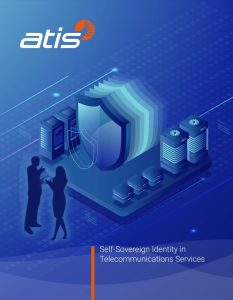
The concept of digital identity is increasingly important in today’s technology-driven economy and society. The proliferation of IoT devices and decentralized infrastructures, coupled with increasing concerns about data privacy, have led to a growing need for secure and trustworthy digital identities to protect the use of personal data.
The constant evolution of technology, including the emergence of the metaverse, presents new challenges for portable identity and authentication across physical and virtual domains. This trend means organizations need to focus on trust, security, and privacy.
There is also increasing regulatory focus on privacy laws, such as the EU’s General Data Protection Regulation (GDPR) and the California Consumer Privacy Act (CCPA), as well as consumer demand for more control over their personal data. All of this further underpins the importance of digital identity.
Recent innovations now make it possible to establish a self-sovereign, or self-managed, identity (SSI), along with verifiable credential proofs of information. With this SSI and related information, users can control with whom they share their information. SSI can unlock personal data in a way that fosters greater trust between consumers and businesses while also helping companies comply with privacy regulations.
This paper examines how the traditional identity stack needs to adapt to the regulatory environment and how a new SSI standard can be applied across use cases. It also explores how SSI can help communications service providers comply with new data privacy mandates and create value for their customers.

